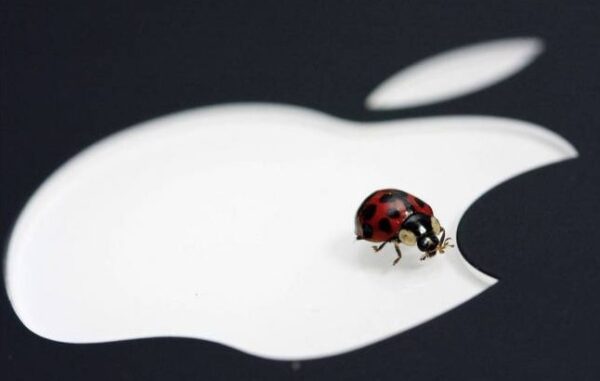
Apple Addressed Two Zero-Day Flaws In Intel-based Macs
Besides releasing the zero-day patches for its Intel-based Macs, Apple also released fixes for its iPhones, iPads, and Apple Vision.

Besides releasing the zero-day patches for its Intel-based Macs, Apple also released fixes for its iPhones, iPads, and Apple Vision.

Atomic Mac stealer (AMOS) now targets macOS devices via fake Safari browser updates as part of the ClearFake social engineering campaign.
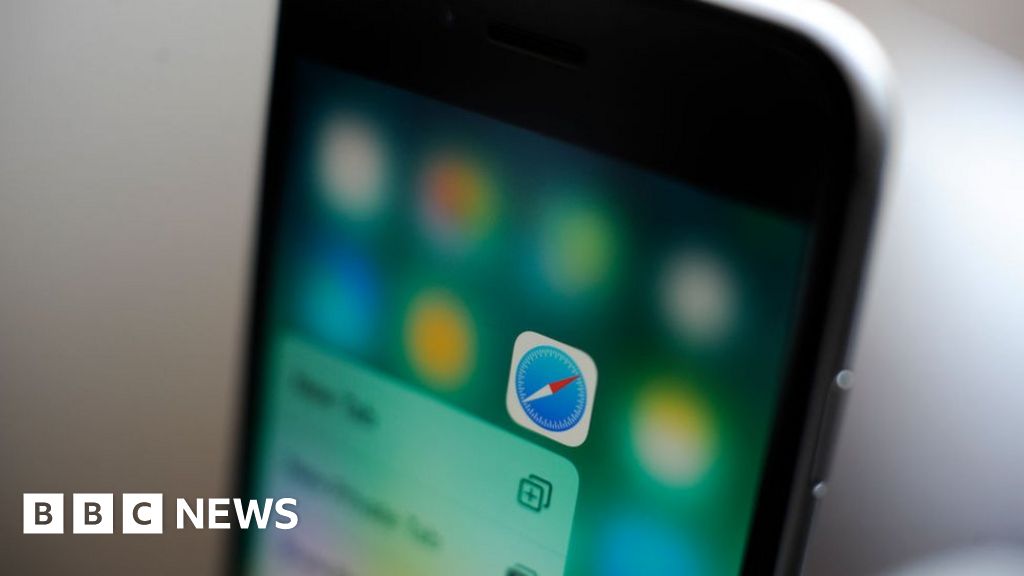
Users of some models of iPhone, iPad and Mac are being urged to run "important" security update.
.png)
Apple Watch, iPad, iPhone, and Mac users will receive the latest updates, which include a few new features and a number of bug fixes.

"The nature of the activity and targeting is consistent with a government backed actor," the Google researchers say.

Threat actors enlist compromised WordPress websites in campaign targeting macOS users.
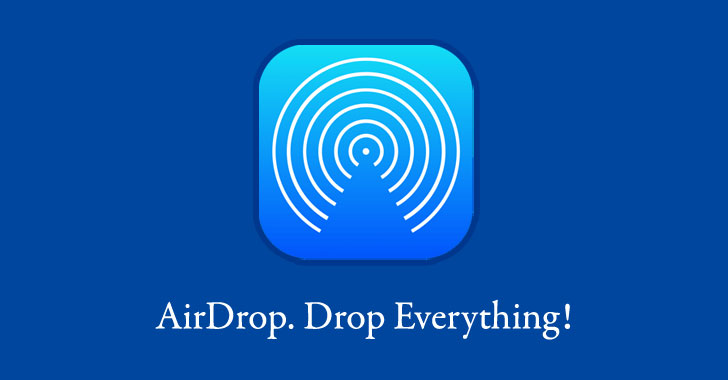
An unpatched vulnerability in Apple's offline file-sharing technology in iPhones, Macbooks could allow anyone nearby to discover your personal info.

Google warns of a zero-day vulnerability in the V8 open-source engine that's being actively exploited by attackers.
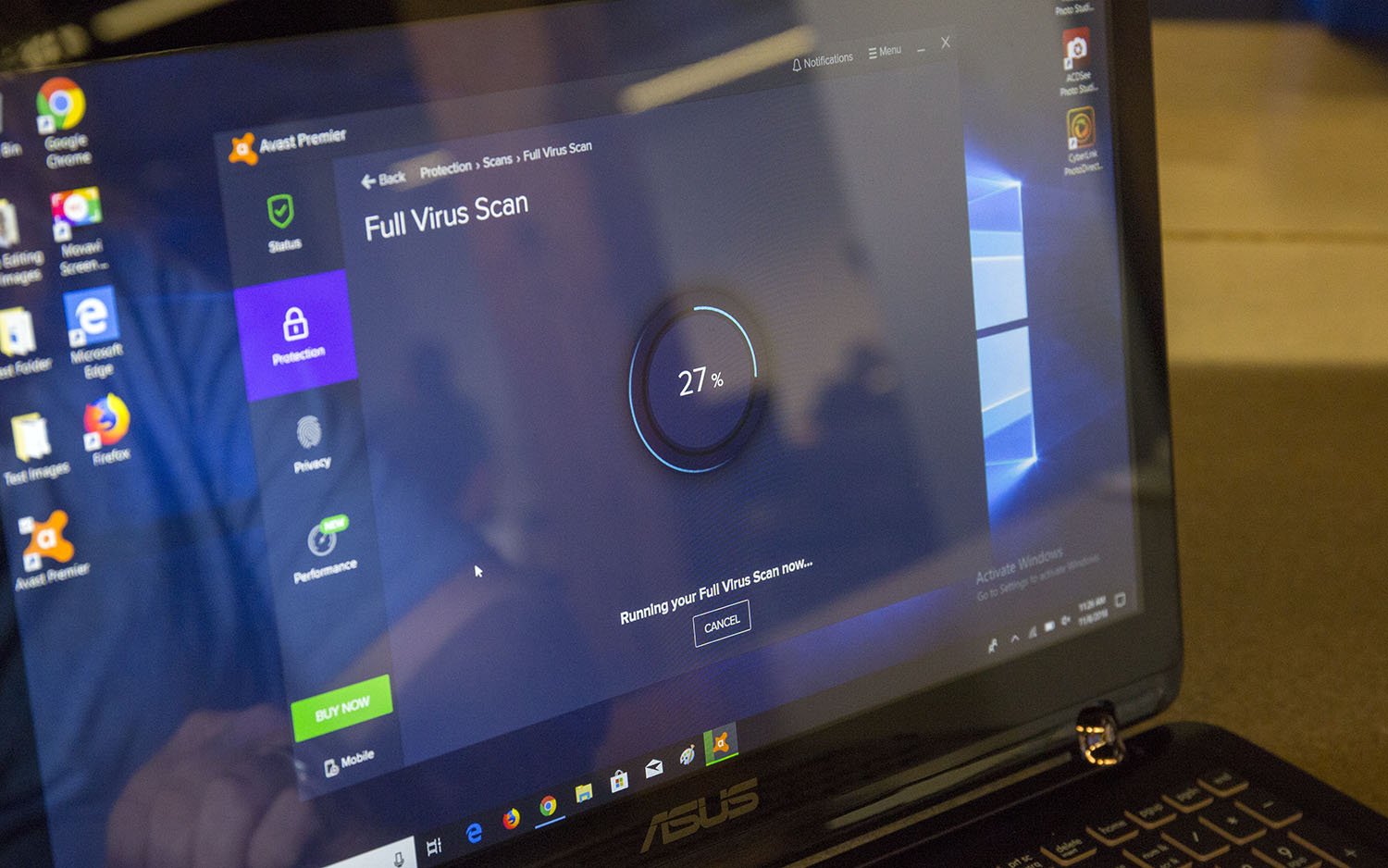
Wondering if antivirus software works better on a Windows PC or a Mac? We have you covered with a full breakdown.
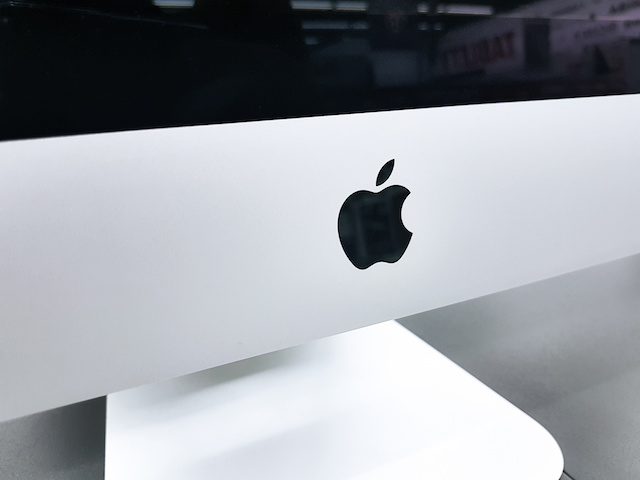
Developers will have to reveal how data is shared with any “third-party partners,” which include analytics tools, advertising networks, third-party SDKs or other external vendors.

Update Acrobat now! Adobe has fixed critical-severity flaws tied to four CVEs in the Windows and macOS versions of its Acrobat and Reader family of application software services. The vulnerabilities could be exploited to execute arbitrary code on affected products.

A Windows-based remote access Trojan believed to be designed by Pakistani hacker groups to infiltrate computers and steal users' data has resurfaced after a two-year span with retooled capabilities to target Android and macOS devices.

A researcher is claiming that Apple devices – with a macOS operating system and a T2 security chip – are open to an exploit that could give bad actors root access. A fix has not been issued by Apple.

Recently, Google released a new version of Chrome 85. for Windows, Mac, and Linux, in which Google fixed nearly 10 security bugs

Apple accidentally approved one of the most popular Mac malware threats – OSX.Shlayer – as part of its security notarization process. The notarized malware payloads were discovered in a recent MacOS adware campaign, disguised as Adobe Flash Player updates.

A vulnerability in Google’s Chromium-based browsers would allow attackers to bypass the Content Security Policy (CSP) on websites, in order to steal data and execute rogue code. The bug (CVE-2020-6519) is found in Chrome, Opera and Edge, on Windows, Mac and Android – potentially affecting billions of web users.

A security researcher who specializes in MacOS found a way to hack users who would double click on a Microsoft Office file, with no need for any other interaction.

Four trojanized cryptocurrency trading apps have been found spreading malware that drains cryptocurrency wallets and collects Mac users' browsing data.

Decryptor for ThiefQuest or EvilQuest Mac ransomware is now available. Though, further analysis shows the ransomware is more of a data stealer.

Poor coding of the ThiefQuest ransomware in disguise that targets macOS users allows recovery of encrypted files, which would remain lost in lack of a backup.